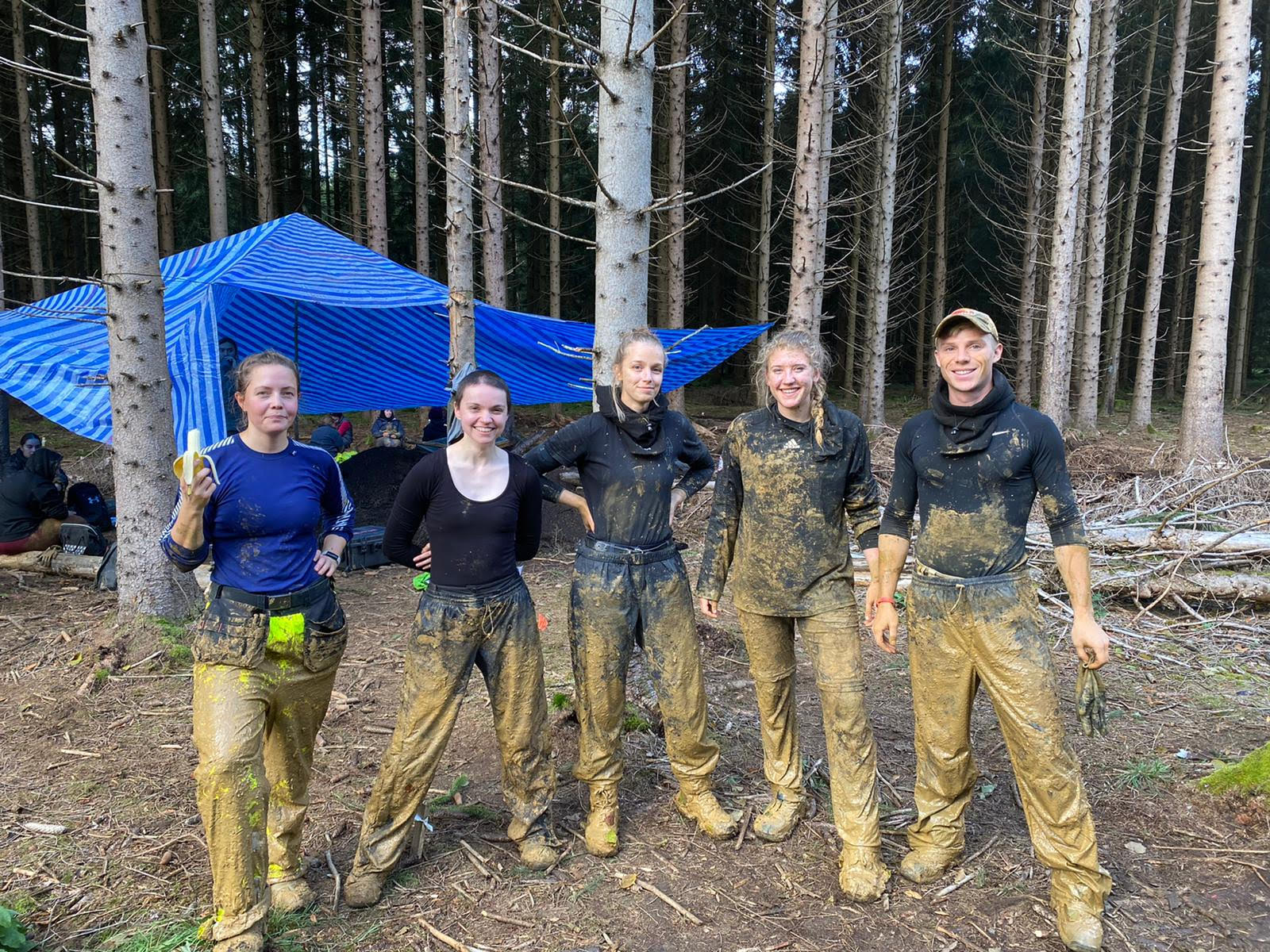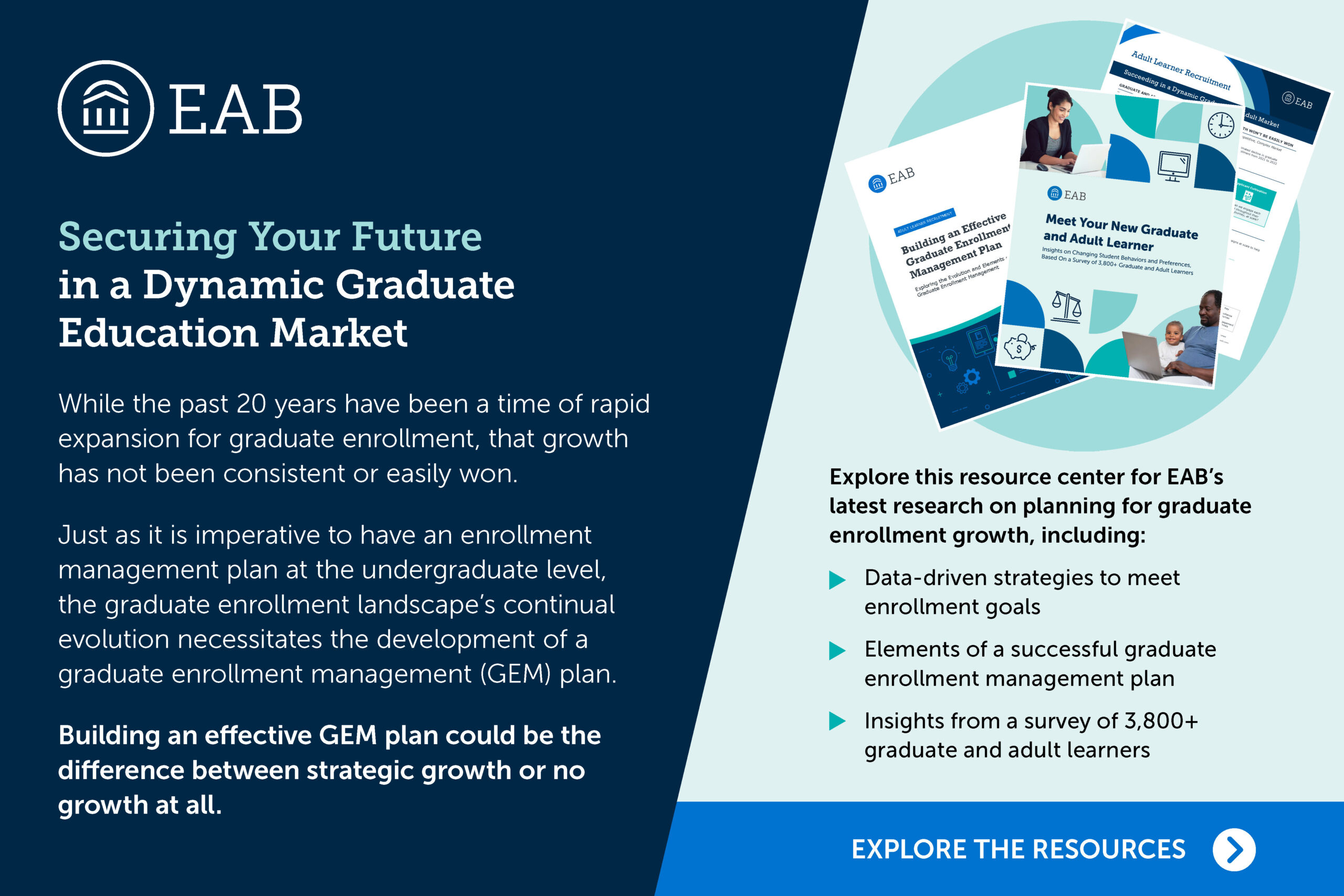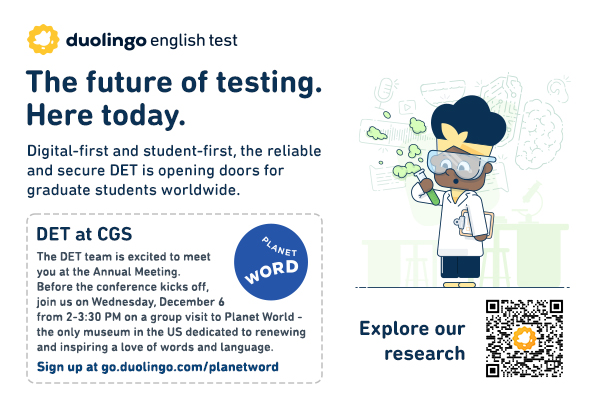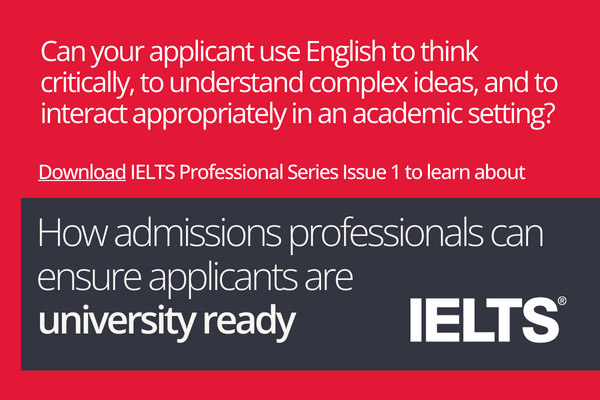History in Service of Critical Professions: An Update from Texas A&M's Humanities Coalition Project
When it comes to bringing home the remains of missing U.S. soldiers, the people doing the battlefield detective work in locating these remains might surprise you. Many are social scientists, like anthropologists and archeologists, but you will also find historians there, leading the way.

Krause, right, with fellow teammates at a site.
“The archaeologist conducts the excavation and anthropologists then do the identifications, but a historian has to guide the archaeologist to the site,” said Tristen Krause, PhD candidate in history, at Texas A&M University.
Krause worked this summer with the Defense POW/MIA Accounting Agency (DPAA), an organization that recovers the remains of American military members, with funding from the Humanities Cluster at Texas A&M.
The Humanities Cluster is a project that is part of the Humanities Coalition, a network of 16 institutions who are building on the work of the Council of Graduate Schools (CGS) Career Pathways project. This project studies the careers and career aspirations of humanities PhDs to inform the practices and support for students pursuing diverse humanities careers.
Texas A&M’s Humanities Cluster launched 2021 to build professional networks by connecting their faculty and administrators from across the campus to initiate career opportunities for humanities PhD students through workshops, professionals-in-residence programs and internships.
Fuhui Tong, Interim Associate Provost and Dean of the Graduate and Professional School at Texas A&M and project director, said that part of this effort is to secure funding for visits from professionals and grants for unpaid or low-paid public service internships, like the work Krause is doing.
“Public service is a very important piece of how you can educate and how you can pass your knowledge and expertise on,” Tong said. “We all can benefit from those innovations and outcomes.”
Adam Seipp, Graduate Dean in the College of Arts and Sciences at Texas A&M and a former co-director of the Humanities Cluster said that one of the things that the history department has done quite well is set up structured, full-year internship programs with federal offices where students can spend a year immersed in the operations of a federal history office.
“We send students off to do these internships and they, with some frequency, turn those internships into full time positions as federal historians. Those are amazing opportunities, but they require active engagement by faculty to make that happen,” Seipp said. “I’m really proud of the work that we’ve done because when we go out and recruit students, we can say, look at all of the different things that our PhDs are doing.”
Seipp said that through the Humanities Cluster they want to create the resources to bring these departments together to identify and streamline the resources students need and make it easier for faculty to help students.
“One of the things that we really want to do is create a common set of practices across the humanities that’s rooted in the best practices that are being laid out by our professional organizations,” Seipp said. “We want to bring the humanities together to have a common conversation about career diversity and career outcomes because if it’s just being done in the history department or just in the philosophy department, that’s a duplication of resources.”
Seipp acknowledges that it is a lot of extra work for faculty to set up these internships and workshops, but says it is worth it to show that humanities graduate students can have careers anywhere, not just academia.
“This work requires a group of faculty who will be the principal investigators on these projects and be the ones who work with the university to handle negotiating these contracts, overseeing them and managing them,” Seipp said. “But the yield on those opportunities for humanities PhDs is extraordinary. Right now, multiple graduate students are working at the Department of Defense doing official history work. These are good jobs.”
Recently, Texas A&M has undergone some changes and merged two colleges into one. Tong explained that while this realignment was happening, they paused some of their Humanities Cluster initiatives. She now wants to put the focus back on their Humanities Cluster project to build on current partnerships and establish new ones.
“We’ve partnered with the university’s Career Center to identify potential employers to build relationships with for internships and workshops for the Humanities Cluster,” Tong said. “We’ve found these partnerships to be very productive.”
Tong said she also wants to start working with the school’s development officers to build relationships with potential employers.
“Our development officers are always out there talking to people who are interested in supporting and being a champion for different disciplinary areas and potential donors from industry. Some of them may have an interest in working with our graduates,” Tong said. “I’d like to leverage some of their expertise and resources and connect them with our faculty for this project.”
Tong said that having a focus on public interest aligns with their university’s vision and goals and will still be key component of the Humanities Cluster to help students like Tristen Krause.
“I think it totally fits in with our university mission as a land-grant institution to serve the greater public,” Tong said. “I think a Tristan’s work is certainly a great example of that public service and the impact that his work as a historian brings to many families.”
Krause knew he wanted to combine his passion for history with his calling to serve his country, so when he learned about the work and opportunities with Seipp at Texas A&M, he thought it was a perfect fit.
“I learned I could serve my nation as a historian by bringing closure to people by helping bring their family members home that gave the ultimate sacrifice. This is a tactile, tangible form of how I can apply history and do good in the world,” Krause said. “And I think that’s important. Whether we are educators or researchers, everything we do should be for a greater good.”




